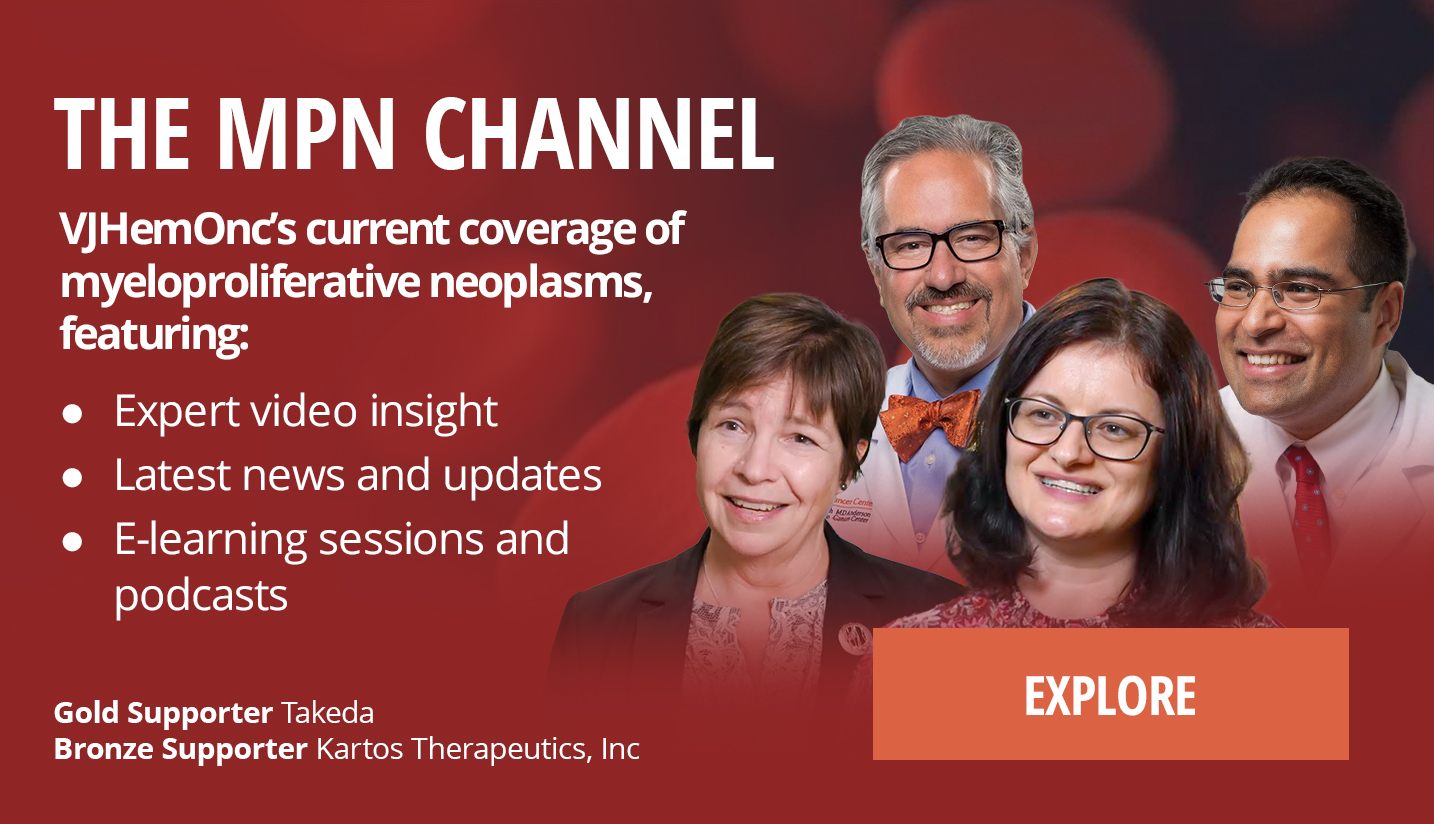So, one, there clearly are symptoms that are still very difficult for us to overcome. Fatigue, particularly being one of them. And again, I think as we have more and more efficacious therapies, we’ll have more and more impact. Two, I think there are other lessons learned from integrative oncology that are relevant in this space as well. Issues related to diet, activity, insomnia, comorbidities, or medications, all are factors...
So, one, there clearly are symptoms that are still very difficult for us to overcome. Fatigue, particularly being one of them. And again, I think as we have more and more efficacious therapies, we’ll have more and more impact. Two, I think there are other lessons learned from integrative oncology that are relevant in this space as well. Issues related to diet, activity, insomnia, comorbidities, or medications, all are factors. Again, if our goal… very much MPNs are a chronic disease, even myelofibrosis, patients live many years even with high-risk disease. So again, it’s a very different lens than acute leukemia. Very, very severe. But in acute leukemia, you have this mindset of this is a sprint. We’re using very, very aggressive therapy. There are a lot of toxicities, and we’re going to help manage you through it in a short amount of time. MPNs is different. For ET and PV, this can be decades through the end of someone’s life. Myelofibrosis patients, you might live many years, some still dying of other causes. So controlling how they’re feeling, knowing how they’re feeling, but realizing that their pharmacologic therapy for their MPN is probably only part of a path to really trying to have them feel as well as they can.
This transcript is AI-generated. While we strive for accuracy, please verify this copy with the video.














